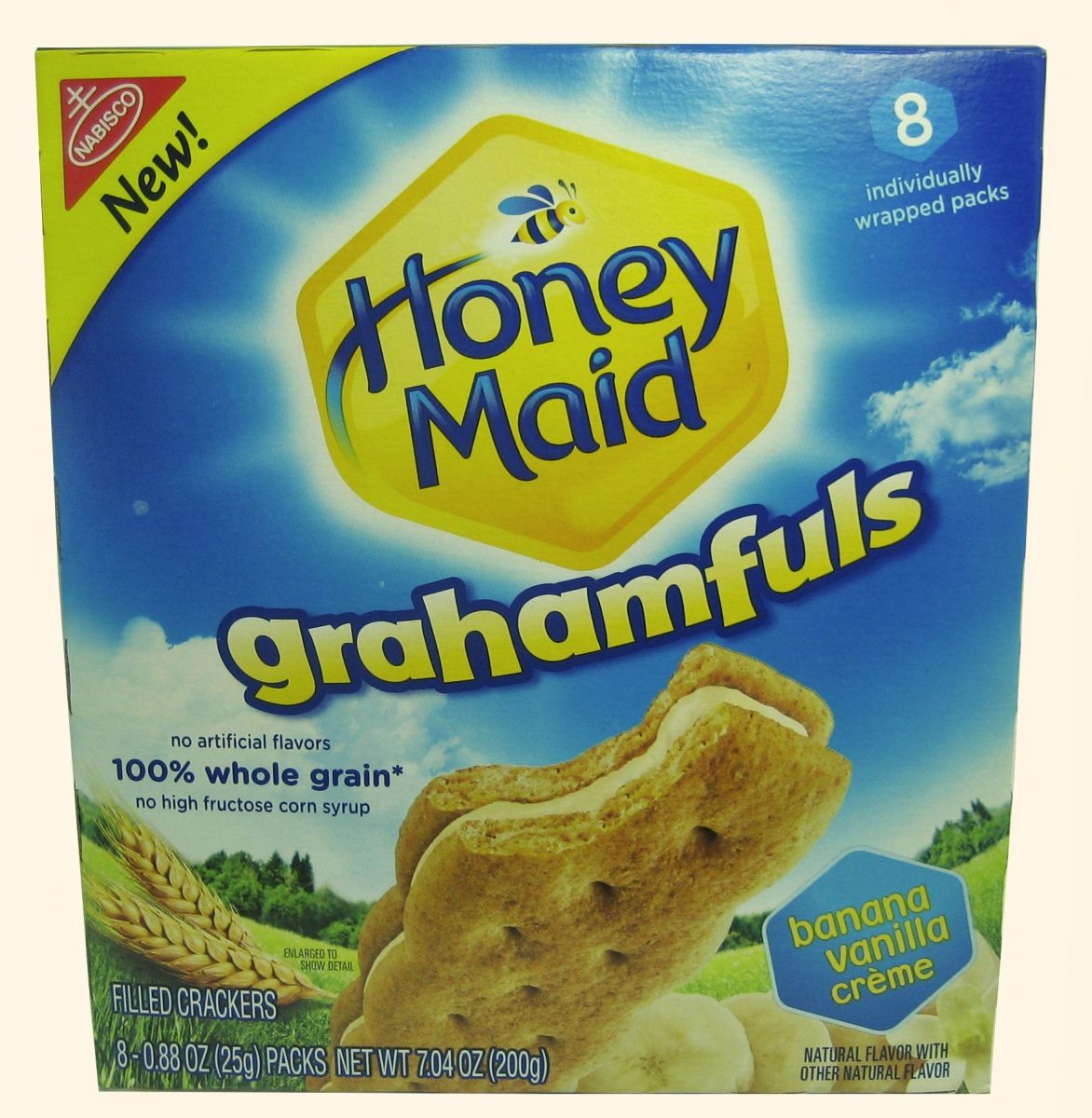Honey Maid, a company known for its sugary snacks, has just gotten a little sweeter.
In early March, the successful business launched a TV commercial entitled “This Is Wholesome,” which features a montage of several happy households, including an interracial family, a same-sex couple, a military family, a tattooed couple, and a single dad. Paired with these clips, the tagline of the ad is simple, but radical:
“No matter how things change, what makes us wholesome never will. Honey Maid. Everyday wholesome snacks for every wholesome family. This is wholesome.”
Anyone who has recently gone on Upworthy or Facebook has probably seen a slew of positive and negative reactions arising from this 30-second advertisement. However, much of the commentary on Honey Maid’s new ad has been watered down to the tired “is gay marriage right or wrong” debate that has defined our country’s so-called “culture war.” While same sex marriage is certainly a valuable and relevant cause — and more and more states are standing on the side of equality — it is important to recognize that Honey Maid’s message is far more universal than the simple assertion that “gays deserve to get married.” By looking beyond politics, Honey Maid succeeds in normalizing, rather than differentiating, American families who are consistently perceived as “untraditional” — the rocker mom and dad, the single parent, the interracial family, and yes, the same-sex couple.
Unlike other advertisements that show diversity, Honey Maid goes one step further, characterizing these many families not by their differences, but by their sameness. Throughout this short video clip, the audience is struck by an overwhelming sense of humanity, a series of smiles, hugs, and little moments that could be present in any happy household. This concept is further reinforced in Honey Maid’s recent video response, in which all of the hateful responses to the “This is Wholesome” video are arranged into a beautiful art piece, spelling out the word “love.” Both metaphorically and literally, love rises above our differences, transcending backgrounds, opinions, and identities.
For decades, the religious right has championed the word “wholesome” when endorsing selective families that support traditional values. However, Honey Maid’s advertisement radically reclaims this word, including all families — non-traditional and traditional alike — in the process. This in turn opens up possibilities for a more timeless definition of morality, one that evades politicization and upholds the rights of all citizens. More importantly, as societal perceptions change with every successive generation, “This is Wholesome” serves as a commentary on where our country is heading, suggesting that America is becoming more willing to define family not by appearance, but by love.










































